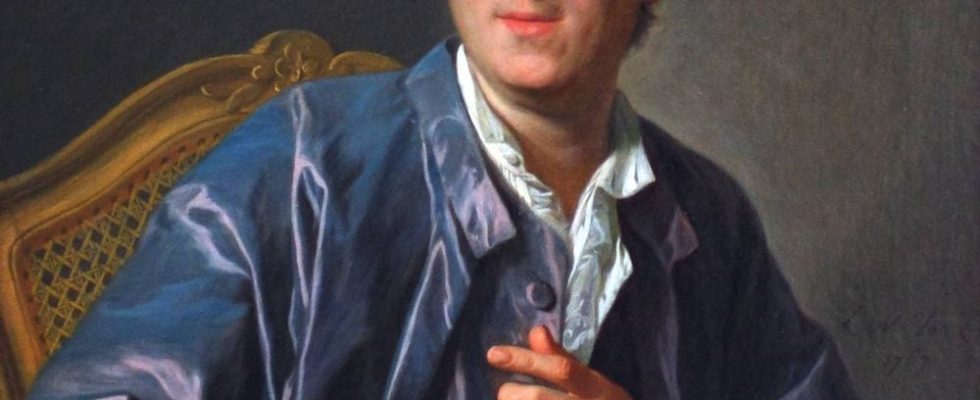There was a time, long ago, when the actor was considered a mediocre double of the orator. Times have changed, notably thanks to Diderot, who, from the 1750s, encouraged actors to express their passions gesturally, before seeming to change his mind from 1769 with Paradox about the actor (reworked until his death in 1784, and published in 1830). Nay, informs us Laurence Marie, teacher at the University of Colombia (New York), who explains the thoughts of the Enlightenment philosopher in his preface to a new edition published by Folio Classique, recalling that through his thesis of ” sang-froid”, Diderot does not condemn the (controlled) emotions of the actor, but “seduction, on stage and in life, to prefer “the real” to them”.
Still, two centuries later, the debate on the relationship between the actor and his role, between sensitivity and detachment, has in no way lost its relevance, as evidenced by the number of testimonies from actors collected by Laurence Mary in this Folio. On the side of the “anti-Diderot”, we will cite Sarah Bernhardt (“We must live our characters. And nothing is more exciting than leaving oneself for another being.”), Isabelle Carré or Guillaume Gallienne, and, among the pro, René Simon, Jacques Weber (“When the representation is beautiful […]it is precisely when I have a perfect, very cold awareness of being in the act of acting”), or even Michel Bouquet, who thinks that “the perfect actor is the one who sees exactly what is happening, whose total composure to direct his work as best as possible.
Michel Bouquet insists: “The male actor is always present in his work… If an actor starts to cry on stage because the suffering of his character gives him grief, as Diderot says, he will make us laugh or else bore us. But if it is only the character who cries – through the actor – the audience will see behind the actor who cries the actor who laughs while making people cry. the spectator only came for that.” Ariane Ascaride is not far from thinking like Michel Bouquet when observing: “A form of duplication is obligatory, because you must master what you do. Otherwise, you go crazy, like these actresses who play The good ones by Genet with the method of Actors Sudio, convinced of having to let oneself be overcome by extreme emotions in order to achieve the accuracy of the text, and who ultimately tip into madness.”
In “his launch”, Laurence Marie interviewed 50 scene professionals. Result, a book, The actor’s paradoxes (Gallimard), rich in so many contributions, drawing, notes his supervisor, a continuous and subtle line, without a clear-cut position, between the two extremes. Fanny Ardant, Loïc Corbery, Vincent Dedienne, Arnaud Desplechin, Natalie Dessay, Adama Diop, Aurélie Dupont, Alain Françon, Sylvie Guillem, Clément Hervieu-Léger, Catherine Hiegel, Thomas Jolly, Macha Makeïeff, Daniel Mesguich, Alexis Michalik, Denis Podalydès , Didier Sandre, Fabrice Luchini (“Diderot’s problem, as Jouvet said, is that he is not an actor”)… all the elite of the stage share their confidences. The exciting feeling of being on the other side of the curtain.
.
